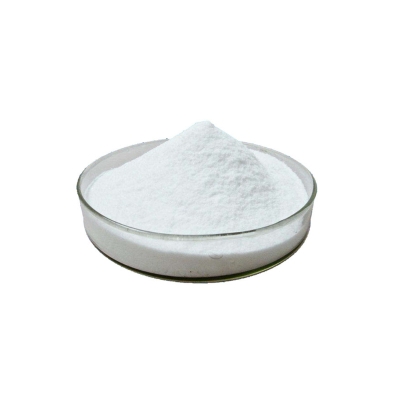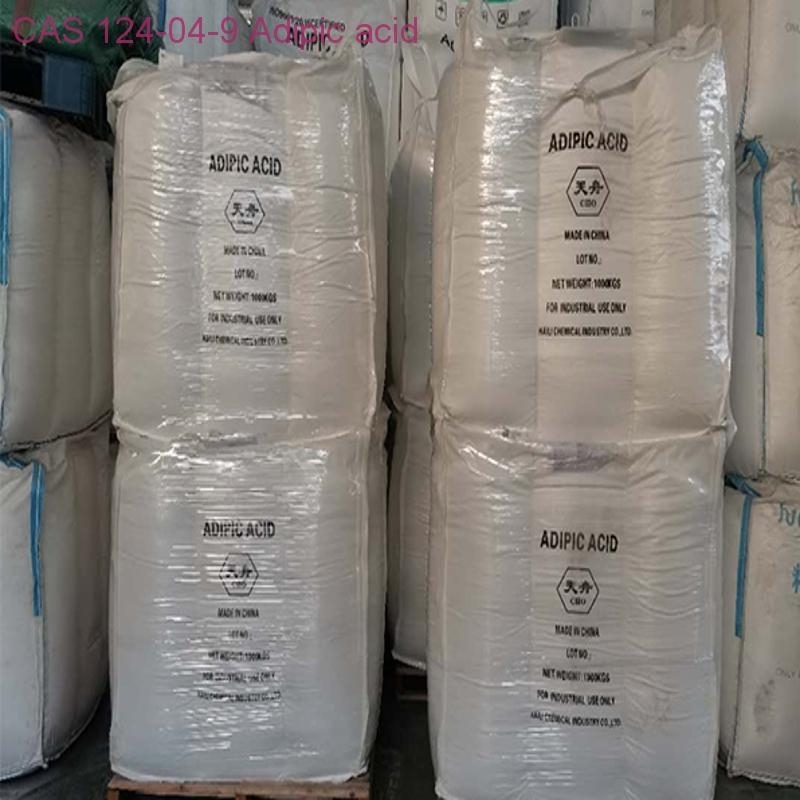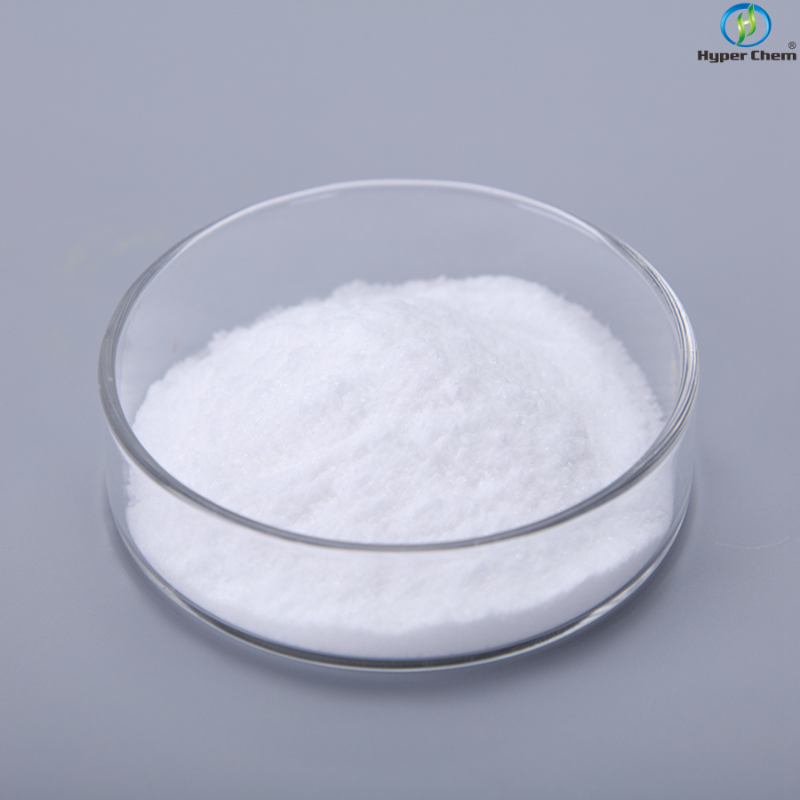-
Categories
-
Pharmaceutical Intermediates
-
Active Pharmaceutical Ingredients
-
Food Additives
- Industrial Coatings
- Agrochemicals
- Dyes and Pigments
- Surfactant
- Flavors and Fragrances
- Chemical Reagents
- Catalyst and Auxiliary
- Natural Products
- Inorganic Chemistry
-
Organic Chemistry
-
Biochemical Engineering
- Analytical Chemistry
-
Cosmetic Ingredient
- Water Treatment Chemical
-
Pharmaceutical Intermediates
Promotion
ECHEMI Mall
Wholesale
Weekly Price
Exhibition
News
-
Trade Service
NIH: ACC Calcium Supplements Beneficial Against Resistance Training Inflammation and Muscle Damage
figure 1
figure 1Figure 1 Mean percent change scores ± 95% confidential intervals (CI) for performance valuables.
research content:Detection of Amorphous Calcium Carbonate (ACC) supplementation (2000 mg per day) in response to resistance training-induced inflammation and muscle damage
Research objects:
Research objects:Thirty men were randomly assigned to supplement (ACC) or placebo (PL)
figure 2
figure 2Figure 2 Mean percent change scores ± 95% confidential intervals (CI) for soreness ratings.
Research methods:Following ACC calcium supplementation, participants performed six sets of 10 repetitions using 80% of their maximum strength on the bench press (BP) and incline BP exercises
image 3
image 3Figure 3 Cytokine response to the exercise protocol: (a): IL-6; (b): IL-10; (c): TNFα.Figure 4
Figure 4Figure 4 Mean percent change scores ± 95% confidential intervals (CI) for IL-6 and IL-10 responses.
Research result:The number of repetitions (p < 0.
Amplitude-based inference analysis (MBI) indicated that changes in the number of repetitions may be beneficial for the ACC at T4 and possibly at T5
Figure 5
Figure 5Figure 5 (a): Creatine kinase-muscle (CK-M) response to the exercise protocol; (b): Mean percent change scores ± 95% confidential intervals (CI) for CK-M response.Analysis conclusion:
Analysis conclusion:ACC calcium supplementation may be beneficial in reducing muscle performance decline, possibly through the conversion of carbonate to pH-regulating bicarbonate to reduce inflammation and repair muscle, thereby reducing pain
Original link: https://pubmed.
Editor:







